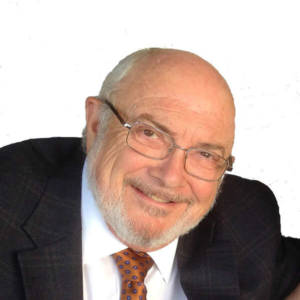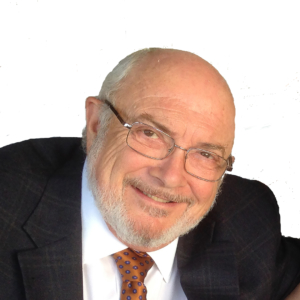FRIDAY FILOSOPHY v.10.15.2021
In the last two decades with the arrival of social media and their platforms we have started to see various new challenges to one of our most fundamental rights; the Freedom of Speech. These quotations and thoughts should provoke some thinking on this subject. It is very critical to our lives and our future that we protect our rights.
- If the freedom of speech is taken away then dumb and silent, we may be led, like sheep to the slaughter. George Washington
- The only way to deal with an unfree world is to become so absolutely free that your very existence is an act of rebellion. Albert Camus
- It does not take a majority to prevail… but rather an irate, tireless minority, keen on setting brushfires of freedom in the minds of men. Samuel Adams
- May we think of freedom, not as the right to do as we please, but as the opportunity to do what is right. Peter Marshall
- Free speech carries with it some freedom to listen. Warren E. Burger
- Freedom consists not in doing what we like, but in having the right to do what we ought. Pope John Paul II
- ‘Emergencies’ have always been the pretext on which the safeguards of individual liberty have been eroded. Friedrich August von Hayek
- It is difficult to free fools from the chains they revere. Voltaire
- Freedom is never more than one generation away from extinction. We didn’t pass it to our children in the bloodstream. It must be fought for, protected, and handed on for them to do the same. Ronald Reagan
- When we lose the right to be different, we lose the privilege to be free. Charles Evans Hughes
- A hero is someone who understands the responsibility that comes with his freedom. Bob Dylan
- Freedom makes a huge requirement of every human being. With freedom comes responsibility. For the person who is unwilling to grow up, the person who does not want to carry his own weight, this is a frightening prospect. Eleanor Roosevelt
- We hold these truths to be self-evident: that all men are created equal; that they are endowed by their Creator with certain unalienable rights; that among these are life, liberty, and the pursuit of happiness. Thomas Jefferson
- For to be free is not merely to cast off one’s chains, but to live in a way that respects and enhances the freedom of others. Nelson Mandela
- The liberties of a people never were, nor ever will be, secure, when the transactions of their rulers may be concealed from them. Patrick Henry
- Freedom and justice cannot be parceled out in pieces to suit political convenience. I don’t believe you can stand for freedom for one group of people and deny it to others. Coretta Scott King
- What is freedom of expression? Without the freedom to offend, it ceases to exist. Salman Rushdie
- What is ominous is the ease with which some people go from saying that they don’t like something to saying that the government should forbid it. When you go down that road, don’t expect freedom to survive very long. Thomas Sowell
The Time is Now.


